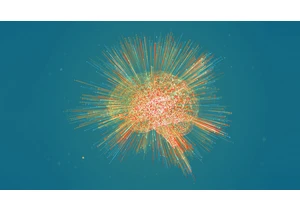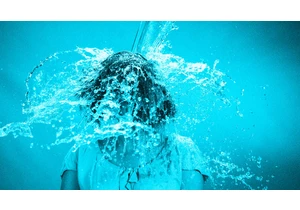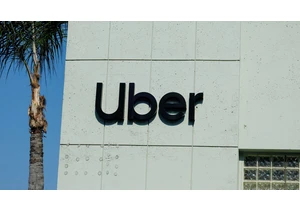This week, the internet had a rare opportunity to transform their selfies and family photos into stunning Studio Ghibli–style portraits. What started as a lighthearted trend quickly took a darker turn. Soon after “Images for ChatGPT” was unveiled on Tuesday, a tsunami of images generated in the distinctive Studio Ghibli style flooded social media. X users posted Ghiblified versions of their personal photos, popular memes, and public figures like President Donald Trump.
Sam Altman, OpenAI’s chief executive, changed his profile picture on X to a Ghiblified image of himself and posted, “grind for a decade trying to help make superintelligence to cure cancer or whatever…wake up one day to hundreds of messages: ‘look i made you into a twink ghibli style haha’.” Altman later joked on X that OpenAI’s servers were “melting” from the demand.
>be me
— Sam Altman (@sama) March 26, 2025
>grind for a decade trying to help make superintelligence to cure cancer or whatever
>mostly no one cares for first 7.5 years, then for 2.5 years everyone hates you for everything
>wake up one day to hundreds of messages: "look i made you into a twink ghibli style haha"
Even the White House’s official X account jumped on the trend, sharing an image of a weeping woman from the Dominican Republic—recently arrested by U.S. immigration agents—styled as a still from a Studio Ghibli movie.
While the internet had its fun, serious ethical questions and copyright concerns began to surface. Critics raised concerns over whether OpenAI was unfairly using the work of artists, including Studio Ghibli’s Hayao Miyazaki. Animated films like My Neighbor Totoro or Spirited Away aren’t made overnight; they require intricate hand-drawn animation and painstaking attention to detail that can take years to complete.
According to the Associated Press, the company said the new tool would take a “conservative approach” when it came to mimicking the aesthetics of individual artists. “We added a refusal which triggers when a user attempts to generate an image in the style of a living artist,” OpenAI said in a technical paper posted Tuesday. The company added that it “permits broader studio styles — which people have used to generate and share some truly delightful and inspired original fan creations.”
The Ghibli-gate controversy is just the latest in a series of lawsuits filed by news organizations, authors, and musicians who claim their work was used to train AI models without permission.
As for Miyazaki, the founder of Studio Ghibli, his feelings about AI-generated art are clear. In a resurfaced clip from a 2016 documentary, he called A.I. “an insult to life itself.” Perhaps something to bear in mind before Ghiblifying a picture of your cat.
https://www.fastcompany.com/91308222/openais-studio-ghibli-style-images-renew-the-debate-over-ai-and-copyright?partner=rss&utm_source=rss&utm_medium=feed&utm_campaign=rss+fastcompany&utm_content=rssВойдите, чтобы добавить комментарий
Другие сообщения в этой группе


Popular language learning app Duolingo is giving its bite-size lesson treatment to one of the oldest games

Hackers linked to Russia’s government launched a cyberattack last spring

In a time where tariff price hikes are invading seemingly every

Remember the viral “Ice Bucket Challenge” of 2014? Over a decade later, it’s back—

The U.S. Federal Trade Commission on Monday sued Uber Technologies, accusing it of signing up some Uber One subscribers without their knowled

As Big Tech kicks off its quarterly earnings season this week, the industry’s bellwether companies have been thrust into a cauldron
